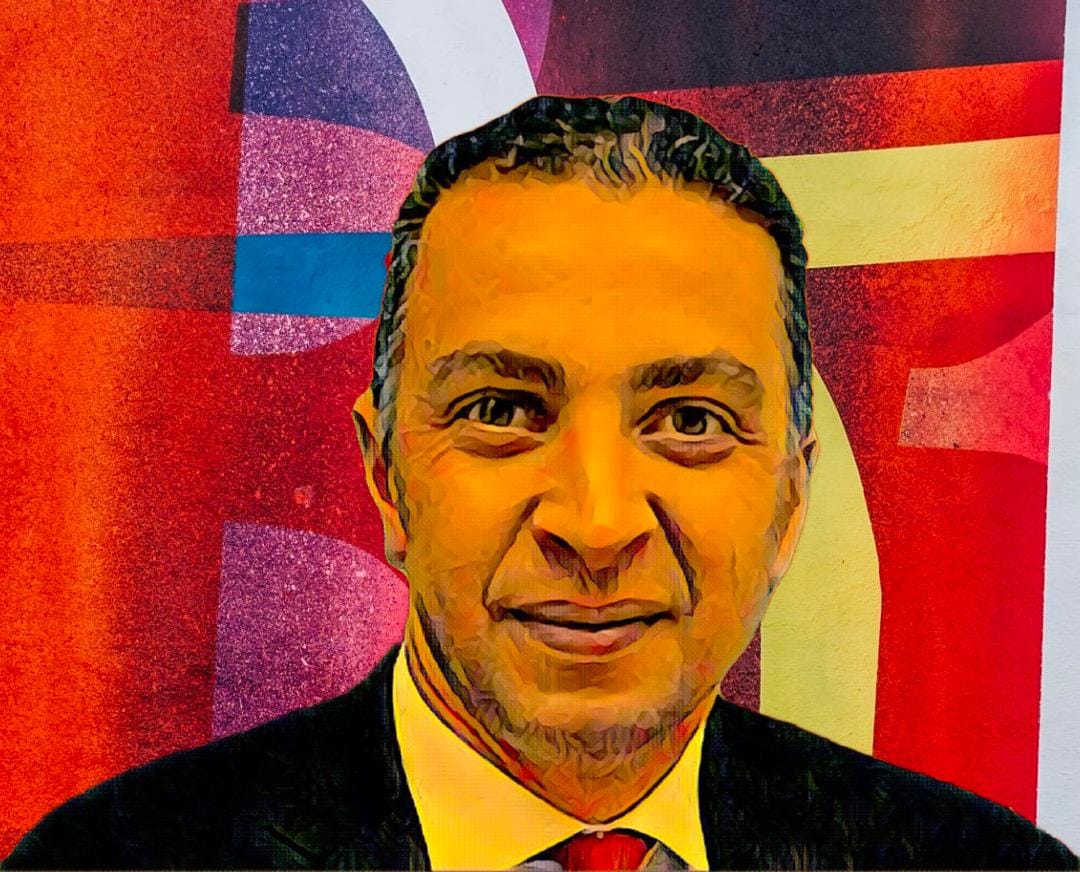Egyptian tycoon Ahmed El Sewedy’s electric company denies arranging $254-million credit facility

El Sewedy Electric, a multinational cable and electrical equipment manufacturer led by Egyptian businessman Ahmed El Sewedy, has denied news of a combined loan of EGP5 billion ($254 million) arranged by Banque Misr, a leading bank in the Middle East and North Africa.
El Sewedy Electric’s recent reaction follows news published in El-Shorouk Newspaper on Sun., Oct. 23, claiming that Banque Misr is arranging a combined loan of $254 million for seven of the company’s subsidiaries to finance the firm’s operations and working capital.
In a bourse disclosure on the Egyptian Exchange, the publicly traded firm denied the statement, claiming that the reports were fabricated.
El Sewedy Electric is one of the leading players in the electrical equipment manufacturing industry, and it has played an important role in the development of electrical projects throughout the Middle East and North Africa.
Founded in 1938 by the El Sewedy family, the Egyptian electrical company is 68-percent owned by Sadek, Ahmed, and Mohammed El Sewedy. Their 68-percent stake in the company is valued at more than $450 million.
Its participation in a number of development projects in the Middle East and North Africa resulted in a 51-percent increase in revenue in the first quarter of 2022, from EGP12.3 billion ($661 million) to EGP18.57 billion ($998 million) due to a 64-percent increase in turnkey project revenue and a 47.5-percent increase in wire and cable sales.
It recently signed a new contract worth EGP418 million ($21.5 million) with Egyptian International Pharmaceutical Industries (EIPICO) for the construction of EIPICO Factory 3 as part of its efforts to create more value for investors through higher revenues and earnings.
As part of its expansion plans, the cable and electrical equipment manufacturer signed a final agreement nearly a month ago to obtain credit facilities worth EGP2 billion ($102.5 million) from seven banks.
The news comes on the heels of a $150-million loan from the International Finance Corporation, the World Bank’s sister organization and a member of the World Bank Group.